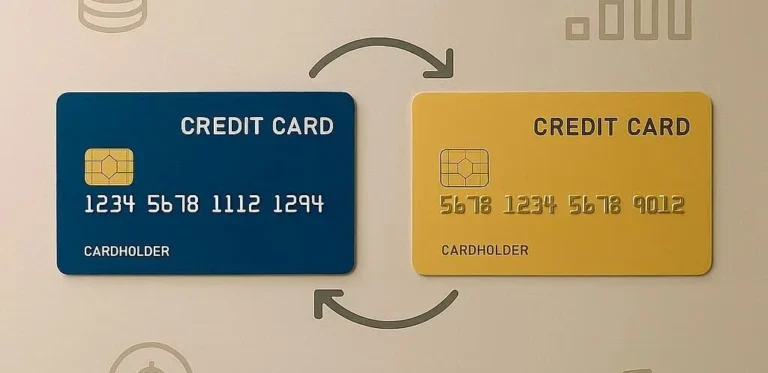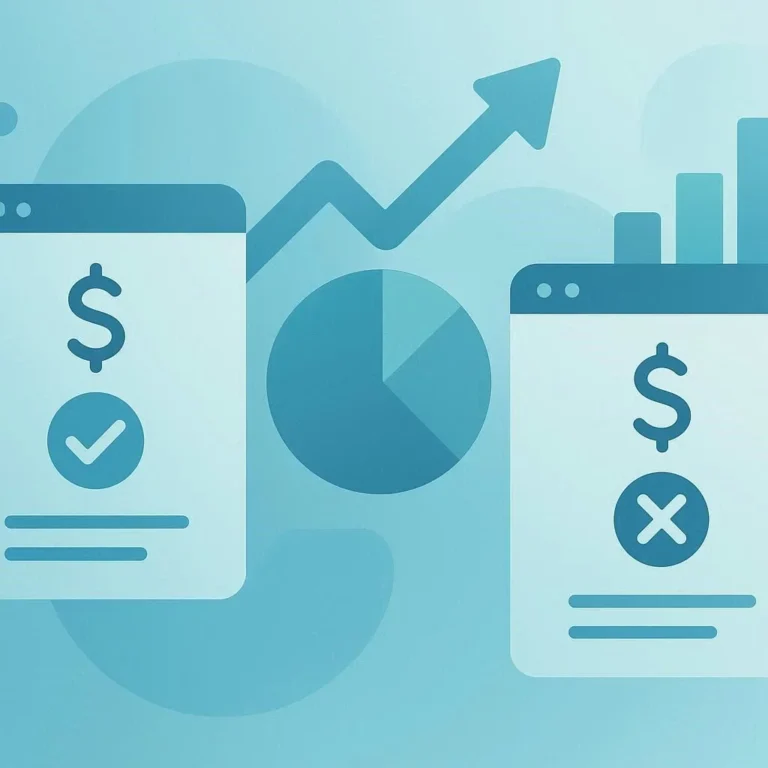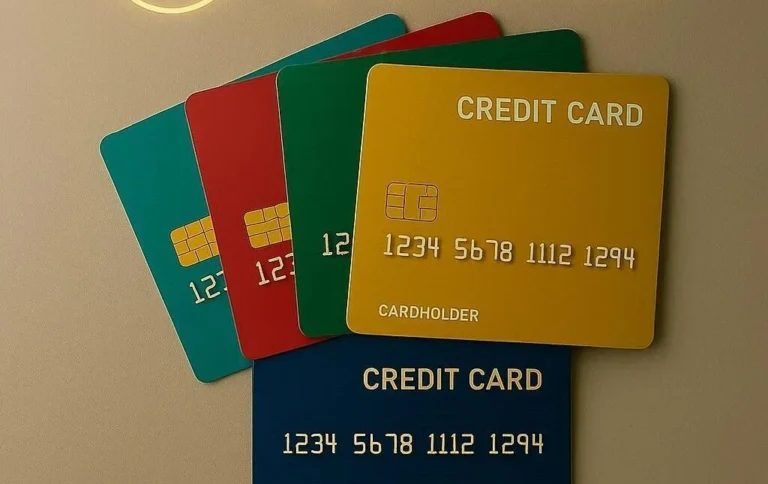Avoid Hidden Credit Card Charges
Credit cards are a convenient way to make purchases, earn rewards, and build credit. However, they can sometimes come with hidden charges that can add up over time. These charges might not always be immediately obvious, but they can impact your budget and financial planning. In this blog post, we’ll explore how to avoid hidden charges on your credit card and keep your finances in check.
What Are Hidden Credit Card Charges?
Hidden charges on credit cards are fees or costs that are not immediately apparent when you apply for or use a credit card. These charges can include annual fees, late payment fees, interest charges, foreign transaction fees, and more. While some of these fees are unavoidable, others can be minimized or avoided altogether with careful planning and attention to detail.
Common Types of Hidden Credit Card Charges
Before we dive into how to avoid hidden charges, it’s important to understand what they are. Here are some of the most common hidden charges you might encounter:
1. Annual Fees
Many credit cards come with an annual fee, which is a charge you pay once a year just for having the card. Annual fees can range from $50 to $500 or more, depending on the card’s benefits and features. If you’re not careful, this fee can eat into the rewards and benefits you earn.
2. Interest Charges
If you don’t pay your balance in full each month, you’ll be charged interest on your outstanding balance. Interest rates can be high, often ranging from 15% to 30% or more, depending on your creditworthiness and the card’s terms. Over time, interest charges can add up and make your debt more expensive.
3. Late Payment Fees
If you miss a payment or make a late payment, you might be charged a late payment fee. These fees can range from $25 to $40 or more, depending on the card issuer and your payment history. Late payments can also negatively impact your credit score.
4. Foreign Transaction Fees
If you use your credit card abroad or make purchases from foreign retailers, you might be charged a foreign transaction fee. This fee is typically a percentage of the transaction amount, usually 1% to 3%. While it might not seem like much, these fees can add up if you travel frequently or make a lot of international purchases.
5. Cash Advance Fees
If you use your credit card to withdraw cash from an ATM, you might be charged a cash advance fee. This fee is usually a percentage of the amount you withdraw, and interest often starts accruing immediately. Cash advances are generally more expensive than regular purchases, so it’s best to avoid them if possible.
6. Balance Transfer Fees
If you transfer a balance from one credit card to another, you might be charged a balance transfer fee. This fee is typically a percentage of the amount you transfer, and it can range from 3% to 5%. While balance transfers can save you money on interest in some cases, the fees can add up.
7. Over-Limit Fees
If you exceed your credit limit, you might be charged an over-limit fee. This fee can be a flat rate or a percentage of the amount you’re over the limit. However, many credit card issuers now allow you to opt out of over-limit transactions, which can help you avoid these fees.
Why Do Hidden Charges Occur?
Hidden charges occur for several reasons:
Revenue Generation: Credit card issuers make money from fees. Annual fees, interest charges, and other fees are a source of revenue for them.
Misunderstanding Terms: Many people don’t read the terms and conditions of their credit card agreement carefully, so they might not be aware of all the fees associated with their card.
Changing Terms: Credit card issuers can change their terms and conditions over time, introducing new fees or increasing existing ones. If you’re not paying attention, these changes can catch you off guard.
How to Avoid Hidden Credit Card Charges
Now that we’ve covered the types of hidden charges and why they occur, let’s explore how to avoid them. By being mindful of these charges and taking steps to minimize them, you can save money and make your credit card more affordable.
1. Read the Terms and Conditions Carefully
The best way to avoid hidden charges is to read the terms and conditions of your credit card agreement carefully. While it might seem like a lot to read, understanding the fees and terms can save you money in the long run. Pay particular attention to the following:
- Annual fees
- Interest rates
- Late payment fees
- Foreign transaction fees
- Cash advance fees
- Balance transfer fees
2. Choose the Right Credit Card
Not all credit cards are created equal. Some credit cards have fewer fees or lower fees than others. When choosing a credit card, consider your spending habits and financial goals. For example:
- If you travel frequently, consider a card with no foreign transaction fees.
- If you want to avoid annual fees, look for cards with no annual fee.
- If you plan to carry a balance, look for a card with a low interest rate.
3. Pay Your Balance in Full Each Month
One of the best ways to avoid hidden charges is to pay your balance in full each month. By doing so, you can avoid interest charges and late payment fees. Paying in full also helps you avoid debt and keeps your credit utilization ratio low, which is good for your credit score.
4. Avoid Cash Advances
Cash advances are one of the most expensive ways to use your credit card. Not only do you pay a cash advance fee, but interest usually starts accruing immediately. Avoid using your credit card for cash advances unless it’s absolutely necessary.
5. Monitor Your Account Regularly
Monitoring your account regularly can help you catch any hidden charges or unauthorized transactions early. Check your statement each month to ensure that all the charges are legitimate and that there are no errors. If you notice any discrepancies, contact your credit card issuer immediately.
6. Set Up Payment Reminders
Late payments can lead to late payment fees and negative marks on your credit report. To avoid late payments, set up payment reminders or automatic payments. Most credit card issuers allow you to set up automatic payments, which can help you pay your bill on time every month.
7. Dispute Unfair Charges
If you notice any unfair or unauthorized charges on your credit card statement, don’t hesitate to dispute them. Under the Fair Credit Billing Act, you have the right to dispute charges that you believe are incorrect or unauthorized. Contact your credit card issuer and explain the issue. They will investigate and remove the charge if it’s deemed unfair or unauthorized.
8. Use a Budget
Using a budget can help you avoid overspending and accumulating debt. By tracking your income and expenses, you can ensure that you have enough money to pay your credit card balance in full each month. A budget can also help you avoid going over your credit limit and incurring over-limit fees.
9. Stay Informed About Fee Changes
Credit card issuers can change their terms and conditions over time, including adding new fees or increasing existing ones. To avoid being caught off guard, stay informed about any changes to your credit card agreement. Read any notices your issuer sends you, and review your card’s terms and conditions periodically.
Why Avoiding Hidden Charges Is Important
Avoiding hidden charges is important for several reasons:
Saves Money: Hidden charges can add up over time, and avoiding them can save you money in the long run.
Improves Financial Health: By avoiding hidden charges, you can manage your finances more effectively and avoid debt.
Protects Your Credit Score: Late payments and high balances can negatively impact your credit score. Avoiding hidden charges can help you maintain a healthy credit score.
Reduces Stress: Dealing with hidden charges and unexpected fees can be stressful. By avoiding them, you can enjoy peace of mind and reduce financial stress.
Conclusion
Hidden charges on credit cards can be a hassle, but they don’t have to be a burden. By understanding the types of hidden charges, reading the terms and conditions carefully, choosing the right credit card, paying your balance in full each month, and monitoring your account regularly, you can avoid these charges and make your credit card more affordable. Remember, a little bit of vigilance and planning can go a long way in keeping your finances in check and avoiding unnecessary fees.






